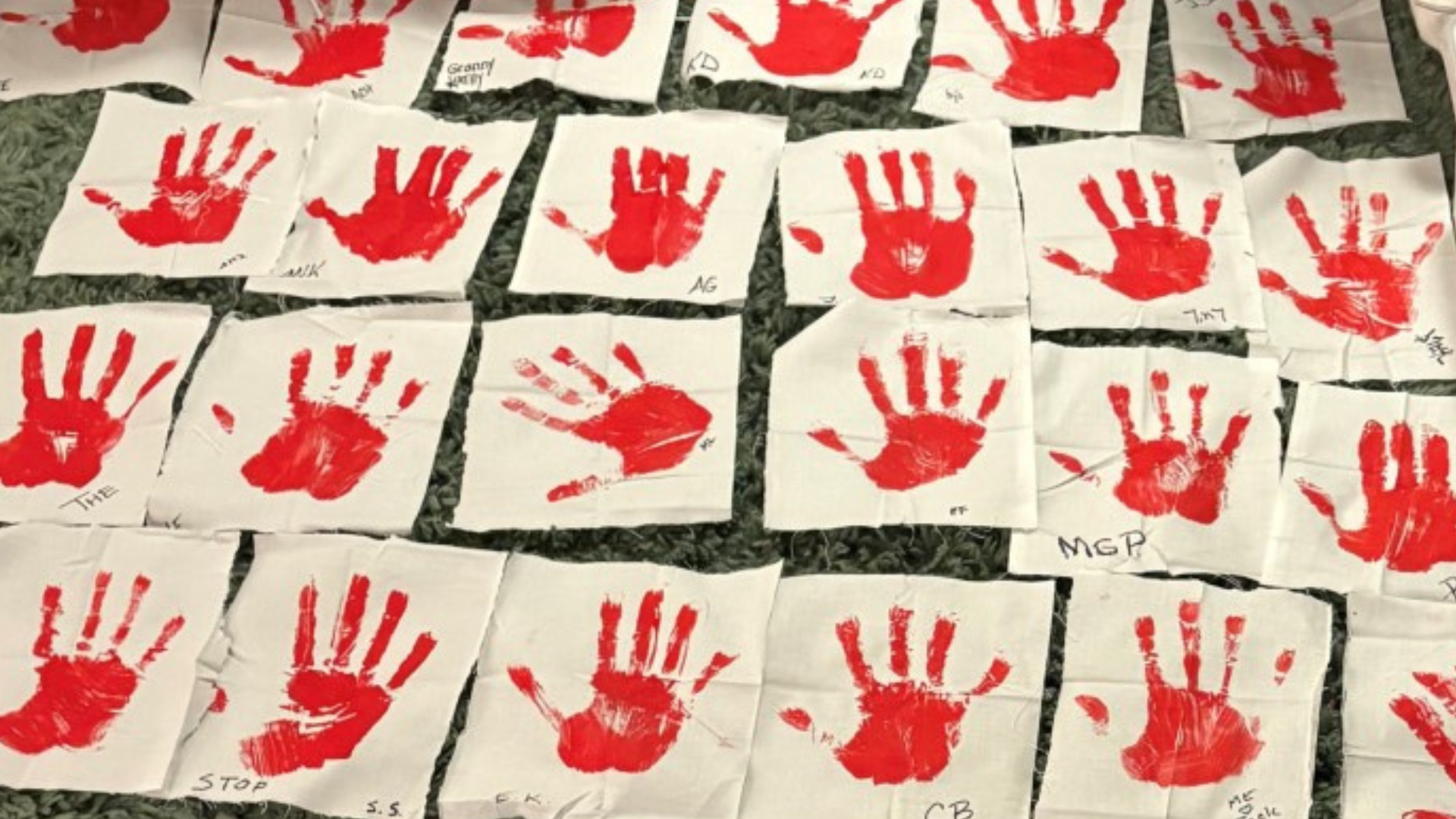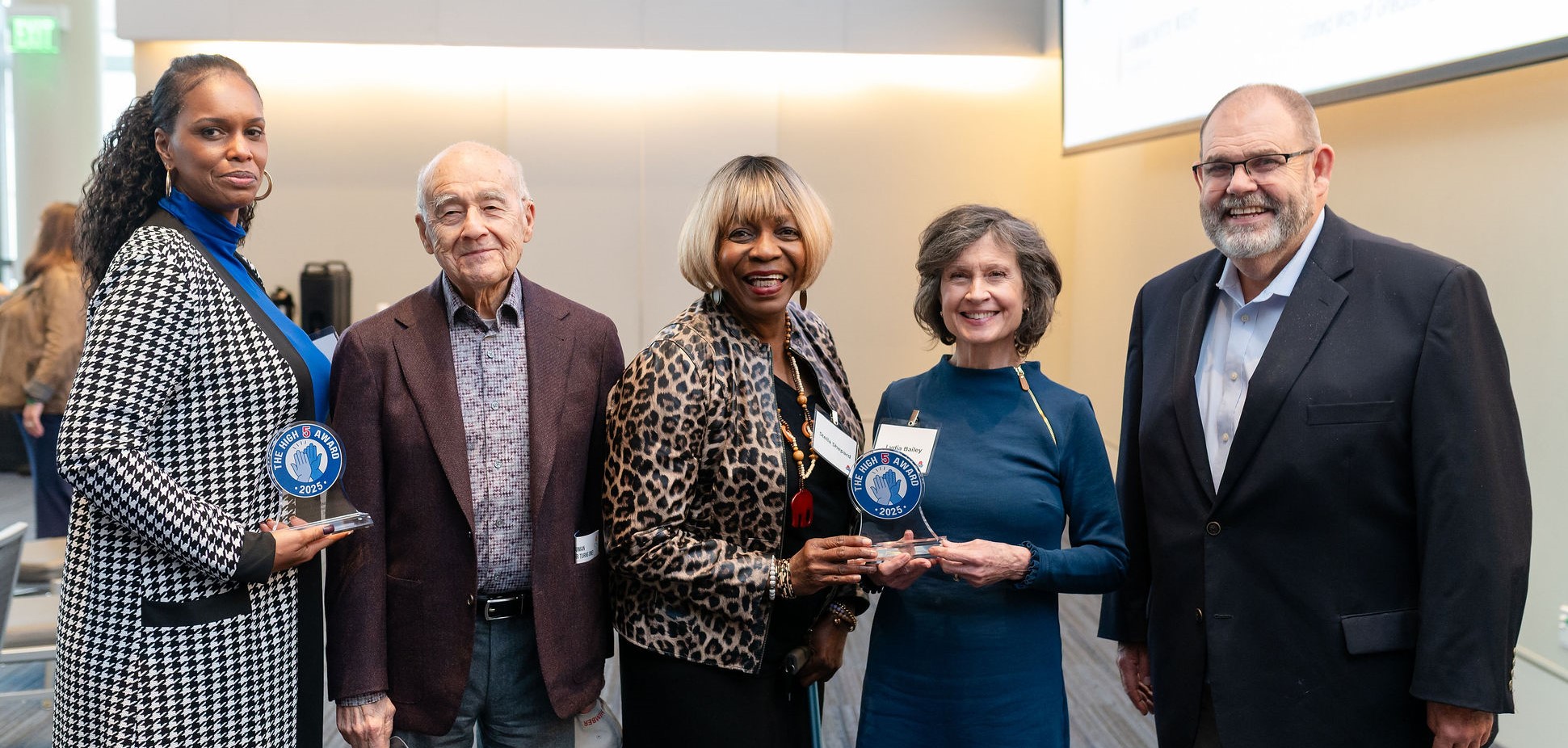It's been 10 months since I joined The Center for Community Solutions. When asked to write a blog, I really wanted to give some thought into what has affected me the most working as a Human Resources professional for nearly 20 years. Over the years in this profession, what I have struggled with the most is seeing disparities in how Black, Indigenous and other people of color (BIPOC) were treated during hiring, promotions, terminations, training, decision making, accountability, disciplinary action, compared to white staff.
I really wanted to give some thought into what has affected me the most working as a Human Resources professional for nearly 20 years.
Building equity through shared experiences
The most frustrating part in my prior positions was when I aimed to address disparities with upper management only to have the concerns dismissed. Matters only worsened when my frustration was labeled a problem and/or aggressive. This dismissal of my voice mirrored the many misconceptions and myths towards Black women, especially when showing strong leadership for positive change.
As part of my new experience with Community Solutions, I was fortunate to join with team members in a cohort of leaders with Equity in the Center (EIC). EIC is a national organization that supports nonprofits in their individual journeys of implementing diversity, equity and inclusion (DEI) practices. In one of these EIC trainings, I became a bit emotional while in a breakout room. I was there with other BIPOC people and realized that we all shared experience—feeling unseen and unheard.
There were a few things we found in common. We shared that as BIPOC staff, we must always prove that we deserve to be in the position we hold. We must hit the ground running and produce right away, because we may not receive the same grace as our white colleagues. Tools, training, and support given to white colleagues are not always afforded to BIPOC staff.
BIPOC staff may be expected to stay small and silent
I can’t share the countless times that I have seen BIPOC staff reach out to their manager for help with a project only to be told it’s their job and receive no help. In a sink-or-swim culture, they must figure out how to perform as expected, alone. But when a white colleague has the same request, managers may rush in with an all-hands-on-deck approach.
The work performance of BIPOC new hires can fall under scrutiny within the first 30 days, with the manager on the verge of wanting to let them go. Comparatively, new hires who were white often gained additional training and resources to be successful. I have seen managers promote BIPOC staff, but with a raise lower compared to white colleagues with same education/experience.
When my concerns about fostering an equitable work environment were ignored, I would look for another job.
In my experience, there have been times when my presence in a meeting was not enough to earn me the opportunity to share my input. And if I dared to contribute, it was dismissed. Seeing these things happen regularly at my previous employers would stress me out. When my concerns about fostering an equitable work environment were ignored, I would look for another job. Before joining Community Solutions, I had never worked at a place that made racial equity, inclusion, and belonging a priority.
Dealing with microaggressions in a trauma-informed culture
During the EIC cohort training, it was sad to hear about the constant microaggressions my group shared. Some of these included making comments about a black woman’s hair, asking “may I touch your hair?” or telling a person of color, "you’re so articulate, you speak so well,” or repeatedly mispronouncing a person’s name because “it’s too hard” to say.” With such frequency, microaggressions begin to affect productivity and the full engagement of BIPOC staff.
Society for Human Resource Management (SHRM) research shows that 2 out of 3 Black employees experience microaggressions in their current workplace, a rate almost 2 times higher than other groups. Unsurprisingly, employees experiencing these repeated discriminations are 2-6 times more likely to quit. These instances of feeling unseen and unheard can create a lonely and stressful work environment.
Left unaddressed, microaggressions can negatively affect an employee’s mental health(anxiety, insomnia, stress depression), damage workplace culture, and prevent organizations from keeping top performers. One of my Community Solutions colleagues offers insight into trauma-informed leadership, addressing some of these concerns.
There can also be legal repercussions if the employer does not address these issues. Top performing BIPOC staff are often more aware of their rights as employees and know how to advocate for themselves.
Strategies for an equitable workplace
- Raise awareness of microaggression
- Foster an inclusive culture
- Lead by example
- Create a clear and confidential reporting mechanism
- Provide supportive resources
- Implement bias free language
- Promote allyship
- Continuous learning
- Accountability and consequences
- Always be an advocate for inclusiveness and encourage staff to have an active voice
Training is vital to inform management of best practices on DEI, organizational culture, and effective supervision of staff. It is important that employers have training opportunities in place for their staff, who may not even realize what they are doing to offend their fellow colleagues. My hope is that Community Solutions continues its DEI journey and having those tough conversations about race.
So far, I am pleased that we are willing to take the steps necessary to address these important matters of organizational cultures. My colleague, who is in part leading us in the DEI work, has shared about Ubuntu, a philosophy that encourages us to see ourselves in others. I feel it would be a huge first step to truly see ourselves in each other, so we can know how to better treat our colleagues and meet our collective mission of service.








